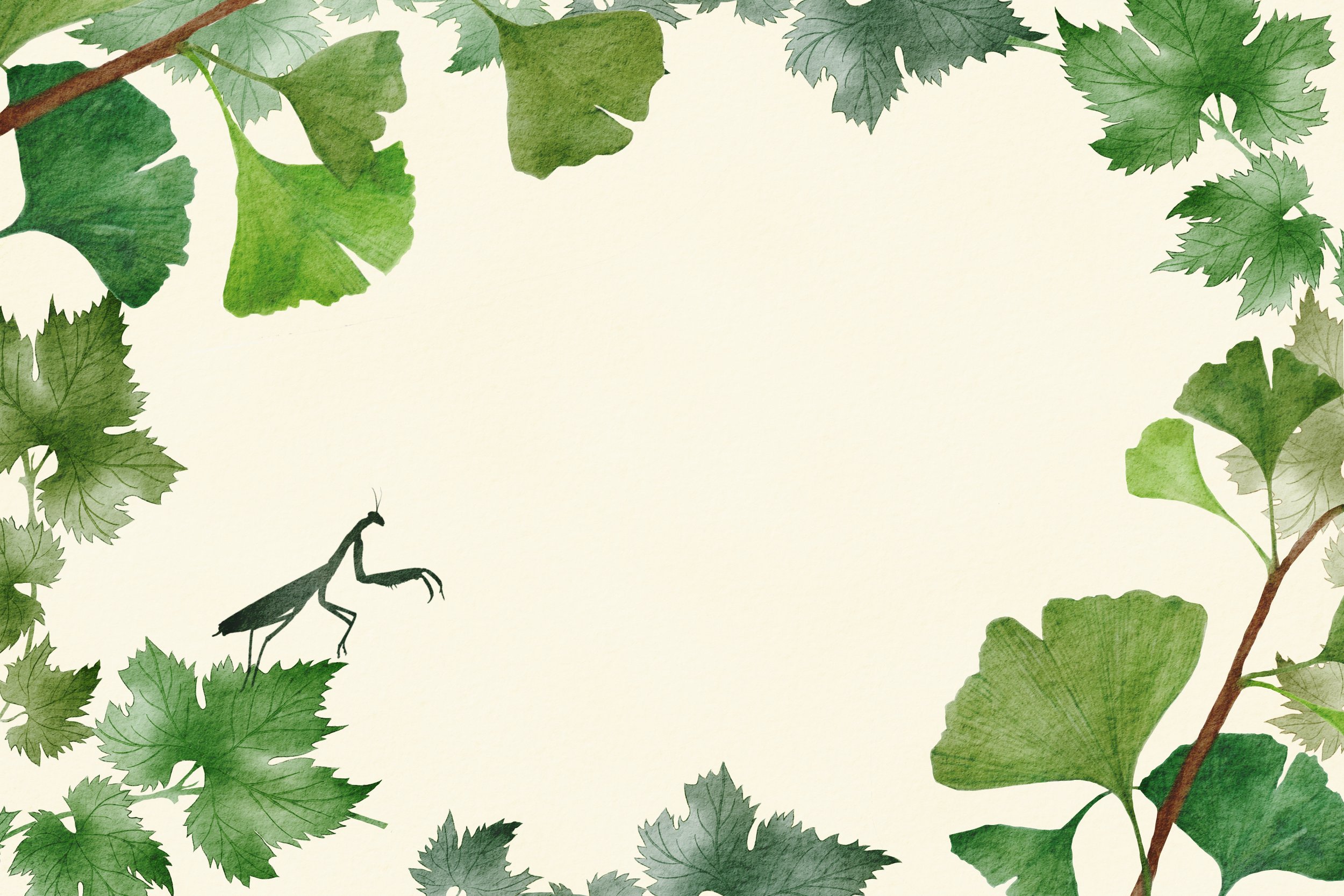
Mantis 18 (Spring 2020)
Poems through Amherst College
“If not smoothly, yet again – into a vacated domain”
Poems through Amherst College
Located near Emily Dickinson’s home, Amherst College is a liberal arts college in New England with a strong tradition in poetry. Robert Frost taught at the college for many years, and students pass by his statue on the Freshman Quad every day; Sonia Sanchez was founding chair of its Black Studies department; and many prominent poets including James Merrill, André du Bouchet and Richard Wilbur studied in its hallowed halls. The College is also known for its historically influential English Department, with leading critics and a curriculum informed by New Critical pedagogy. I was a student in Amherst’s English department at a time of transition: the so-called “old guard” was on its way out, as eight professors trained in “close reading” and the “canon” announced retirement. Depending on whom you talked to, this announcement was greeted with relief, panic, or some mixture of the two. In the years since, the English Department at Amherst gradually relaxed its canonbased requirements and introduced more courses in areas previously overlooked.
This special section features new poetry by poets who graduated from Amherst College, some of whom were in contact with the old intellectual landscape outlined above. While for some the experience was exhilarating, others undoubtedly found it restrictive and rigid. Many also received literary and artistic instruction in other departments such as Russian, Black Studies, Romance Languages, Religion, and Art History. Does it, then, make any sense to search in these poems for “influences” of Amherst as a place, an institution, or literary tradition? As Jorie Graham writes in “The Mask Now,” any such attempt might easily turn into “a carnival of searching for void.” But then again, we might find something meaningful in the void of imagined space. Graham continues:
… How full void is. Small tufts of
grass growing so that I can keep track. Taking root is not an easy
way to
go about finding a place to stay. Maybe nothing would happen after
all. The hollowing-out now added to by crickets. Spiders making
roads in sky. I watch. Look at, then through.
Many poems in the section are about remembering the past and recreating places previously seen, inhabited, passed through, or visited. They give us a chance to think about how poetry re- creates time and space, and as a result, they bring visibility to that which was too obvious, too repressed or too marginalized to warrant acknowledgement.
The publication of this selection coincides with the retirement of Daniel Hall, Amherst’s poet-in-residence who started teaching at the College in 2000, and directed the Creative Writing program from 2003 to 2018. Hall taught a generation of poets and critics, and for many of
us, the beginnings of our poetic journeys can be traced back to the moment he walked into the classroom. The title for this section comes from “Moving Day” a poem included in Hall’s frst book, Hermit with Landscape, which was selected by James Merrill for the Yale Series of
Younger Poets in 1989. The poem describes the experience of subletting a house and trying to “make yourself at home” in a place that bears the signs of someone else’s occupancy, their habits and possessions. “Is it just another sublet, borrowed time / in borrowed space?” asks
the poet. This question reminds me of the college experience. For a long time, I couldn’t manage to walk around campus without thinking about its former residents. Poems, too, are experiences in “borrowed time in borrowed space.” Stanza, after all, means room in Italian (in Hebrew, bayit is both stanza and home), and every stanza invites the reader into a specifc way of keeping time. Reading poetry is somewhat like entering previously inhabited spaces – already neatly, or not so neatly, organized – and trying to make them our own. The concluding question of “Moving Day” captures the mixture of mystery, anxiety and anticipation that accompanies the making and reading of poetry.
With every clue the mystery deepens:
you’d have guessed that through the particulars
of someone’s life – but what would that say
about those of us who have lived so long
in the detailed surroundings of others,
who have moved – if not smoothly, yet again –
into a vacated domain and called it home?
This section is dedicated to Daniel Hall, who taught many students and poets how to think and write about this very question.
